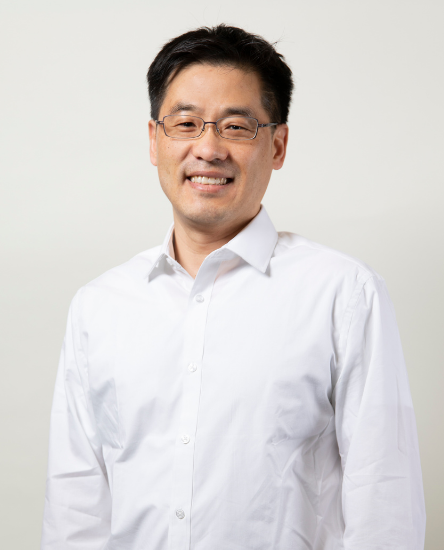
Youngil Lee
- Position: Professor
- Department: Movement Sciences and Health
- Office Location: Building 72, Room 219
- ylee1@uwf.edu
- Campus: 850.474.2596
Biography
Dr. Youngil Lee, professor, teaches exercise physiology, sports nutrition and applied physiology in muscular development.
Lee’s research focuses on exercise-induced cardiac and neuroprotection using various advanced molecular and cellular research tools to elucidate novel protective mechanisms that potentially enhance human life.
In previous research, he showed that endurance exercise protected hearts against ischemic heart disease by improving mitochondrial function and antioxidant capacity. Currently, he is investigating whether exercise-induced autophagy, a cellular cargo system by which dysfunctional organelles and dilapidated proteins are removed contributes to conferring cardioprotection. Recent research, published in Medicine and Science in Sports and Exercise, revealed that daily physical activity regulates autophagy, which he believes is an essential process for cardioprotection.
Lee and Yongchul Jang, a postdoctoral scholar at UWF, are also evaluating the potential protective effect of endurance exercise on neurodegenerative diseases, such as Parkinson’s and Alzheimer’s disease. In recent collaborative work, published in Journal of Apoptosis, Lee and his colleagues reported that regular endurance exercise confers neuroprotection by generating new neurons in hippocampus, an area in charge of memory. He and Jang are currently developing a drug-induced Parkinson’s disease model and seeking a mechanism of how endurance exercise protects the brain against Parkinson’s disease.
To further expand this line of research, he received an endowment from the Center for Research and Economic Opportunity to purchase a fluorescent microscope and an imaging system.
He received a bachelor’s and master’s degree in exercise science from the Korean National Sport University in Seoul, Korea, and a second master’s degree in muscle physiology from the University of Texas at Austin, and doctorate in exercise biochemistry from the University of Florida. He was also a post-doctoral scholar in molecular cardiology in the University of California San Diego.





